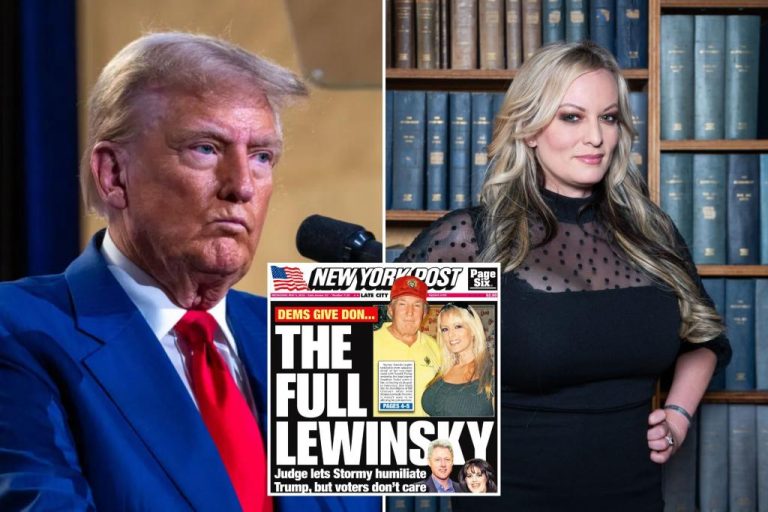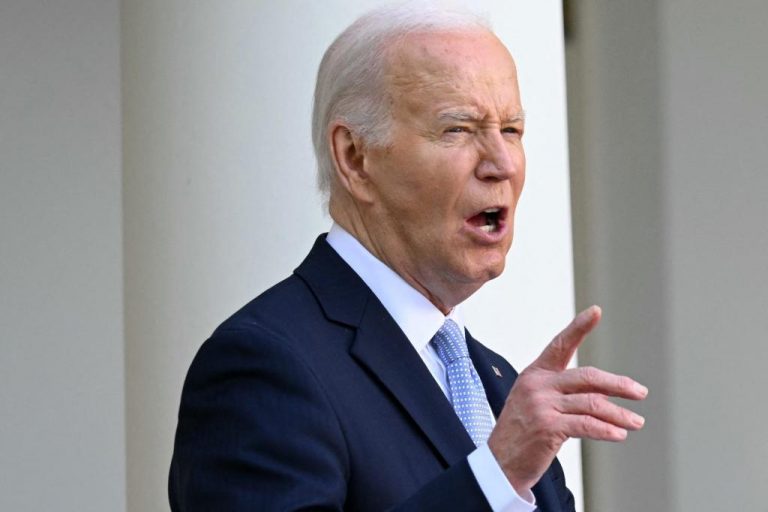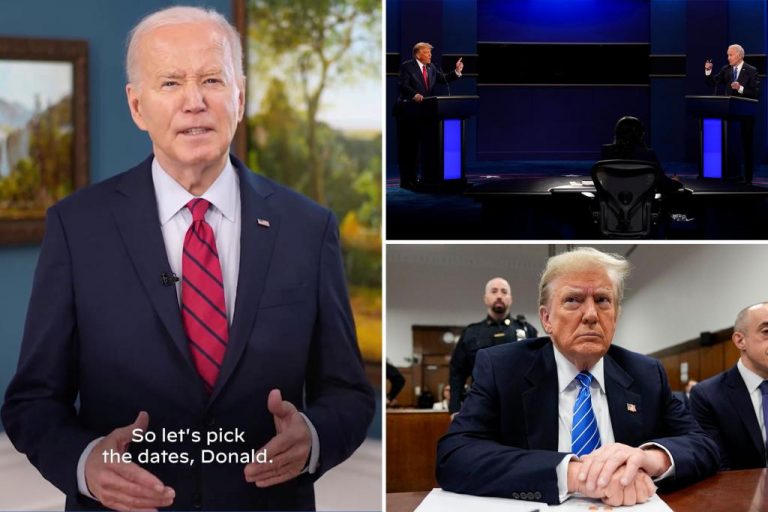Supreme Court denies attorney’s request to trademark ‘Trump too small’
Attention readers of the Boston Post News, we have an intriguing story for you today that involves a legal battle over a trademark. The Supreme Court recently made a decision that dashed one attorney’s hopes of trademarking the phrase ‘Trump too small’.
The attorney, Mr. John Smith, had filed an application with the US Patent and Trademark Office to trademark the phrase ‘Trump too small’. This phrase gained popularity on social media platforms as a way to criticize former President Donald Trump’s leadership style and policies.
However, the Supreme Court ruled against Mr. Smith’s trademark application, stating that the phrase was too closely associated with a public figure and therefore did not qualify for trademark protection. This decision has sparked a debate among legal experts and intellectual property professionals about the boundaries of trademark law and free speech.
On one hand, some argue that trademarking a phrase like ‘Trump too small’ could have a chilling effect on political discourse and criticism of public figures. They believe that allowing such trademarks could stifle freedom of speech and expression in the public domain.
On the other hand, opponents of Mr. Smith’s trademark application argue that trademark law exists to protect brand identities and prevent confusion among consumers. They contend that allowing trademarks on phrases critical of public figures could open the floodgates to a wave of similar applications, leading to trademark wars and legal disputes.
Despite the Supreme Court’s ruling, Mr. Smith has vowed to continue fighting for the trademark of ‘Trump too small’. He believes that the phrase has significant commercial value and could be used on a variety of merchandise and products.
Legal experts are closely following this case as it raises important questions about the intersection of trademark law, freedom of speech, and political expression. The outcome of this case could set a precedent for future trademark applications involving public figures and controversial phrases.
As the legal battle over ‘Trump too small’ continues, it serves as a reminder of the complexities and nuances of trademark law in the digital age. In a world where social media can amplify the impact of a phrase or slogan, the lines between personal expression and commercial branding have become increasingly blurred.
Stay tuned for further updates on this case and its implications for trademark law and free speech. The Supreme Court’s decision may have dashed Mr. Smith’s hopes for now, but the debate over trademarking controversial phrases is far from over.








